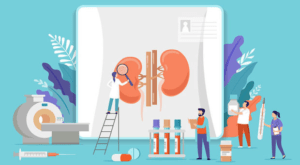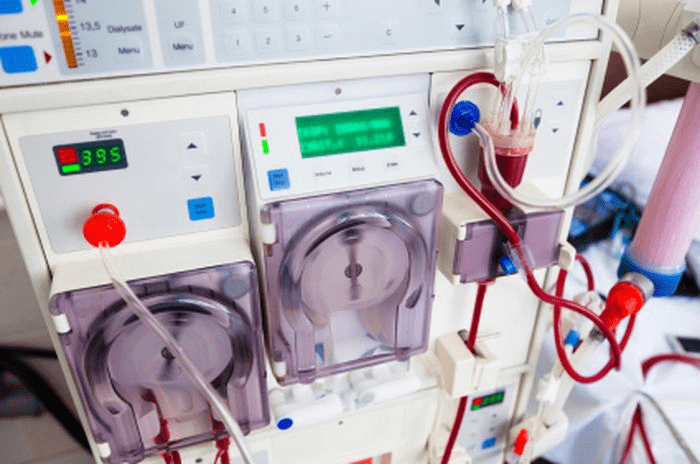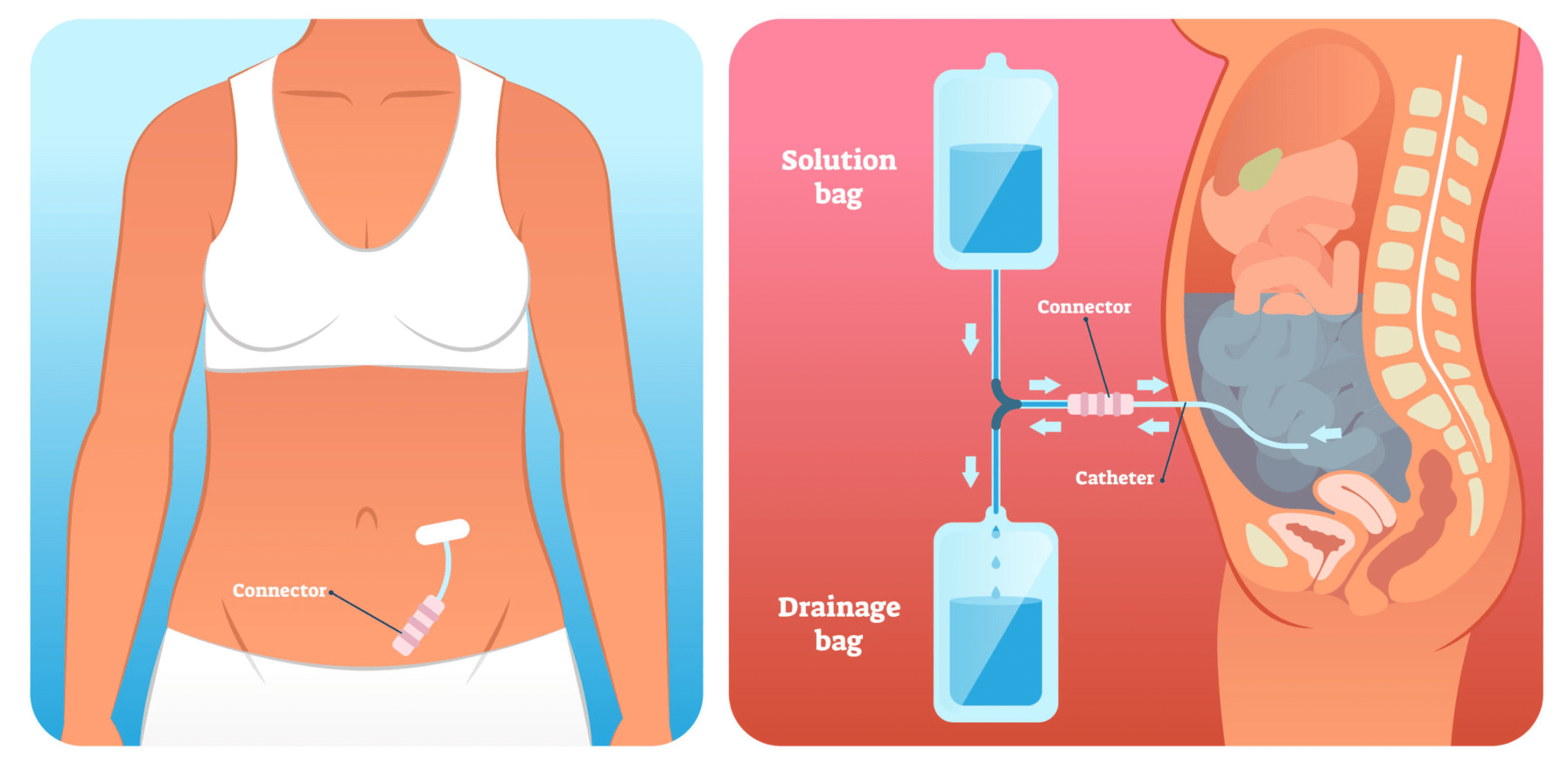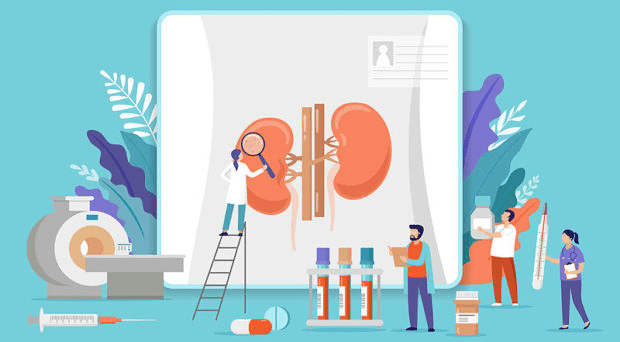
With all the talk of fast food, lack of exercise, and other bad habits that seem to be more commonplace in today’s society it is important to understand the importance of keeping your body healthy. A good diet can give your body a great boost and keep it functioning properly. When you have healthy muscles you will not only look and feel good but will have many more things that are easier and will produce the same results for you.1
The first and most obvious reason for the importance of keeping your body healthy is that you will live longer. You will be able to enjoy all the latest fads in life as well as be able to enjoy the comfort of long life. You will be more active and will be able to participate in all walks of life without having to worry about the possibility of falling over or hurting yourself. With a healthy body, you will also have less chances of getting cancer which is one of the leading causes of death around the world today. The importance of keeping your body healthy extends to not only looking and feeling good but to actually experiencing all the wonderful things life has to offer.2
Maintaining a healthy weight is also very important as this will help you to maintain the proper blood flow throughout your body. This means that your heart will work better and your whole body will be stronger and healthier. Keeping your body within a healthy range of weight is also very important for many other reasons as well. If you are overweight you will be at risk for diabetes, high blood pressure, and stroke. So the importance of keeping your body healthy is more than just looking good and feeling good, you will actually be healthier and enjoy a better quality of life in every aspect.
What Type of Protein Bar Can You Eat While On Dialysis?
There are many types of protein bars that one can eat while in the hospital on dialysis. This is because there are many different protein types that one can eat. While it is important to eat a balanced diet, there are some things that are specifically recommended for those who are being treated for dialysis. This is especially true for those who are having trouble eating regular foods because of their condition. For example, some protein types are easier for diabetics to take than others. Some types of protein are recommended for patients on prescription drugs while others should not be taken at all.3
The protein types that should generally be avoided while on dialysis are ones that contain large amounts of sugar. These types of protein bars can cause spikes in blood sugars which can cause hypoglycemia. It is also important to avoid protein bars that are high in fat because they can clog the urinary tract. This can slow down the healing process and may even lead to kidney failure.
It is very important to ensure that a diabetic maintains proper nutrition all of the time. A good place to start is learning about how specific types of protein affect the body and what nutrients should be eaten to maintain optimal levels of health. Those who are having trouble following this nutrition plan can speak with their doctor about what type of protein bar one can eat while on dialysis. This will ensure that they get the proper amount of protein while maintaining a healthy level of nutrition. This type of planning is very important for anyone who is having trouble managing their diabetes while eating well.
Is Protein Beneficial For Dialysis Patients?
Why is protein beneficial for dialysis patients? Protein supplements are frequently recommended for dialysis patients as a way to bridge the gap between what you need and how little protein you get. Protein is found in many different foods and can be especially beneficial to dialysis because it is made up of protein – the building blocks of life. However, protein is not something that you can simply eat on its own.
The reason that protein supplements are beneficial for dialysis nephrologist patients is that protein actually helps to maintain healthy blood cells. By helping to increase the number of red blood cells your body has, protein can help to keep you dialysis-free and can help to improve the overall health of your kidneys and gastrointestinal tract. But protein alone is not enough for dialysis, nor is it always going to be enough.
Another reason that protein is particularly beneficial to dialysis is that it contains many of the most common types of nutrients. Whey protein is a great source of high-quality proteins and comes in many different forms. You can get whey protein powder, which is easily mixed with juice or water, or you can get regular milk which you can drink as a liquid and mix with water. Common types of whey protein include casein, egg, soy, rice, and whey protein isolate, which is the purest form available. You can also find protein supplements that contain other common types of amino acids. This includes lactic acid, which helps to prevent muscle cramps in people with kidney disease, and glutamine, which helps boost energy.
What Are the Benefits of Whey Protein For Dialysis Patients?
When considering the benefits of whey protein for dialysis patients, it is important to remember that this type of protein is only useful for weight loss in severely overweight or obese people. Protein plays an important role in the maintenance of a healthy weight and can also be used as an energy source when exercise is not an option. Protein is essential in the building of muscle, and the kidneys are part of the body’s waste disposal system. When protein is excreted from the body, it is normally broken down into several by-products including urea, acids, and waste products.4
Although it is difficult for dialysis patients to lose weight, studies have shown that whey protein has been beneficial to their weight loss efforts. The protein contains globular proteins that are easily absorbed in the intestines. It is believed that these proteins help to break down waste from the kidneys and transfer them to the bloodstream where they can then be excreted. As a result, a dialysis patient who takes whey protein drinks frequently may be able to significantly reduce his blood glucose levels. There is no evidence, however, that whey protein benefits in weight loss are consistent and long-lasting.
Protein may also be beneficial to dialysis patients because it is easier for them to digest. Most protein drinks come in smoothie-like forms that make it easier for them to be digested by the body. Because protein shakes make it hard for nutrients to be absorbed through the lining of the small intestine, protein intake may actually stimulate the release of insulin. High levels of insulin can cause further weight gain and more frequent urination, which may affect the health of dialysis patients. While whey is generally low in fat, some manufacturers add fats and carbohydrates to their shakes in an attempt to provide a more convenient way for diabetics and people trying to control their weight.
Protein may also help diabetics and people trying to lose weight. Because protein helps to boost the metabolism, it may be effective at burning energy and may contribute to losing weight. Because diabetics and those trying to lose weight may be at greater risk for joint damage if they have kidney disease, a protein shake may be able to help prevent this.
There are many other possible benefits of whey protein for dialysis patients. No one protein will provide all of these effects. The key is choosing a whey protein product that contains the types of amino acids that will help the most. If you do a lot of research, you can find products that have all of these amino acids and focus on using those. A product that is high in protein and low in fat is the best choice. It can be used every day and is less expensive than many other forms of protein.
What Is Dialysis?
In recent years, the need for dialysis patients has dramatically increased; hence, the need for dialysis centers. Dialysis is a process that involves filtering the toxins from the body’s blood using machines, until the body can perform all the normal functions normally performed by the kidneys, such as filtering toxins out of the blood and cleaning the urinary tract. This is known as dialysis. Dialysis today has evolved into a much more sophisticated process, where machines are used to filter the blood, and then the wastewater is extracted through an attached filter where it is cleaned and reconditioned before it is sent back to the kidney.5
A dialysis machine, which may be an insulin pump, a nebulizer, or a vascular-respiratory unit, is what takes the collected fluid (often, urine) from the patient and pumps it back to the kidney via a hose. This machine collects the toxins and wastes in the body and filters them, then pumps them back to the patients. The filtered liquids are then reconditioned through filtration and sent back to the dialysis center. The process usually takes between one to four hours. Dialysis machines also have a collection area where a catheter is placed, where the collected fluid is then purified before it is returned to the patient.6
The blood collected in the dialysis collection area must be tested for bacteria and other microorganisms. If the tests come back with positive results, a medication is given to the patient that allows the kidneys to do their job again, removing the wastes and toxins from the treated fluid. Dialysis machines cleanse the fluid that is collected, by flushing out large particulates of the waste products and debris, as well as removing any bacteria present. These procedures help to ensure that the blood has a healthy lining, preventing infections from occurring and reducing the danger of blood clots, which can lead to strokes and heart attacks.
What Happens During Dialysis?
Dialysis is a procedure where a machine takes blood from the veins in the legs or feet and moves it into the kidney or other dialysis unit. Before dialysis can start, you first must have a minor operation to make an artificial access hole for your blood to pass through into the dialysis unit. These artificial access holes are usually attached to the kidneys themselves, called a dialysis catheter.7
Your physician will give you instructions on what to do next once you have had your catheter inserted, and then you will be ready to receive your first fluid dose. It is common for dialysis machines to drip, and it is important that you are able to recognize when this occurs so that you can adjust the settings properly. You should never overfill your catheter – this can lead to painful dripping and can reduce the effectiveness of the machine overall.
What happens during dialysis when a doctor inserts a surgical graft into blocked or narrowed arteries? Your surgeon will place the graft directly under the affected artery, and then seal up the opening so that the graft cannot leak out onto the bypass. This treatment, known as paracentesis, is usually combined with peritoneal dialysis to prevent the leak of arterial fluid into the abdominal cavity.
Fistulas are common problems caused by the failure of two or more blood-closet components to open up correctly. If these clots break free, they can travel through the body and end up blocking a blood vessel, resulting in serious complications. To treat fistulas, the surgeons use a special tool called a cannula that is inserted into the opening and pushed through the opening to fix the problem. Unfortunately, many people have developed infections associated with this operation, which is why it is usually only used on severely problematic patients.8
The machine will monitor your vital signs and send an alert to the hospital or doctor. When your blood count goes too low or above a certain level, a pump-action is performed to increase and decrease the amount of fluid being distributed to prevent the risk of having extremely dangerous levels of waste products accumulating inside your body.
Image Credits
Endocrine Web / Google Stock Images
Top Class Actions / Google Stock Images
Florida Kidney Physicians / Google Stock Images
The Kidney Disease Scholars / Google Stock Images
BMC Blog Network / Google Stock Images
1 “Why Is Healthy Food Important? – Stylecraze.” 30 Apr. 2021, https://www.stylecraze.com/articles/why-is-healthy-food-important/ Accessed 28 Oct. 2021.
2 “Healthy diet – WHO | World Health Organization.” https://www.who.int/initiatives/behealthy/healthy-diet Accessed 28 Oct. 2021.
3 “Dialysis: Types, How It Works, Procedure & Side Effects – Cleveland ….” 18 Aug. 2021, https://my.clevelandclinic.org/health/treatments/14618-dialysis Accessed 28 Oct. 2021.
4 “Protein | The Nutrition Source | Harvard TH Chan School of Public.” https://www.hsph.harvard.edu/nutritionsource/what-should-you-eat/protein/ Accessed 28 Oct. 2021.
5 “Dialysis – Procedure, types, risks, purpose – National Kidney ….” 1 Jun. 2021, https://www.kidney.org/atoz/content/dialysisinfo Accessed 28 Oct. 2021.
6 “Dialysis – NHS.” https://www.nhs.uk/conditions/dialysis/ Accessed 28 Oct. 2021.
7 “How it’s performed – – – Dialysis – NHS.” https://www.nhs.uk/conditions/dialysis/what-happens/ Accessed 28 Oct. 2021.
8 “Anal Fistula: Causes, Symptoms, Diagnosis & Treatment – Cleveland ….” 14 Feb. 2019, https://my.clevelandclinic.org/health/diseases/14466-anal-fistula Accessed 28 Oct. 2021.





